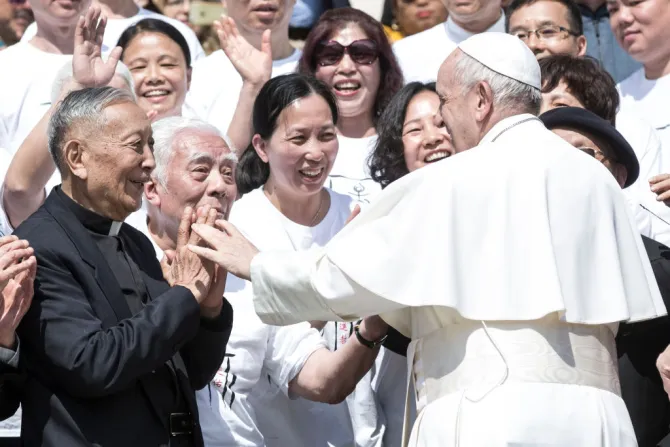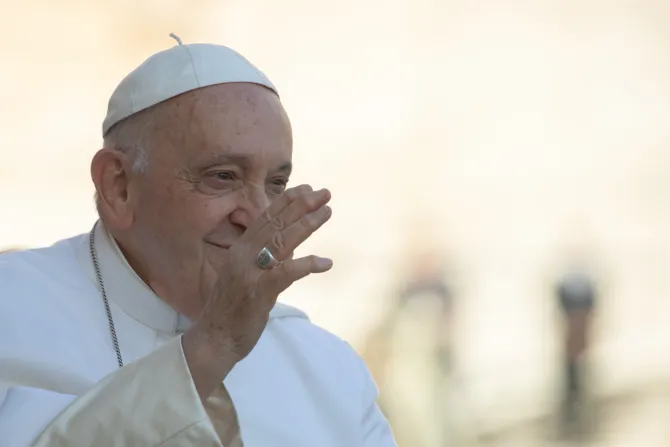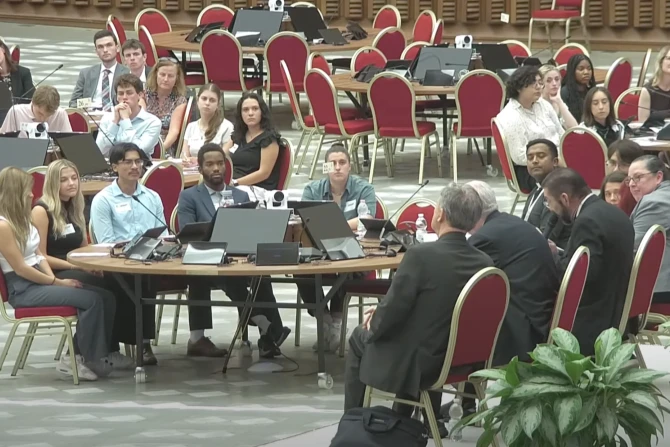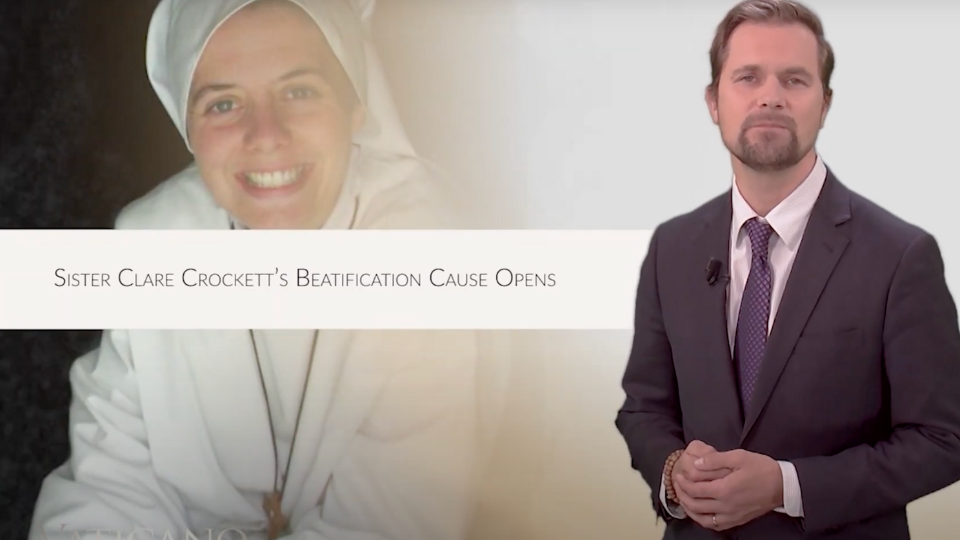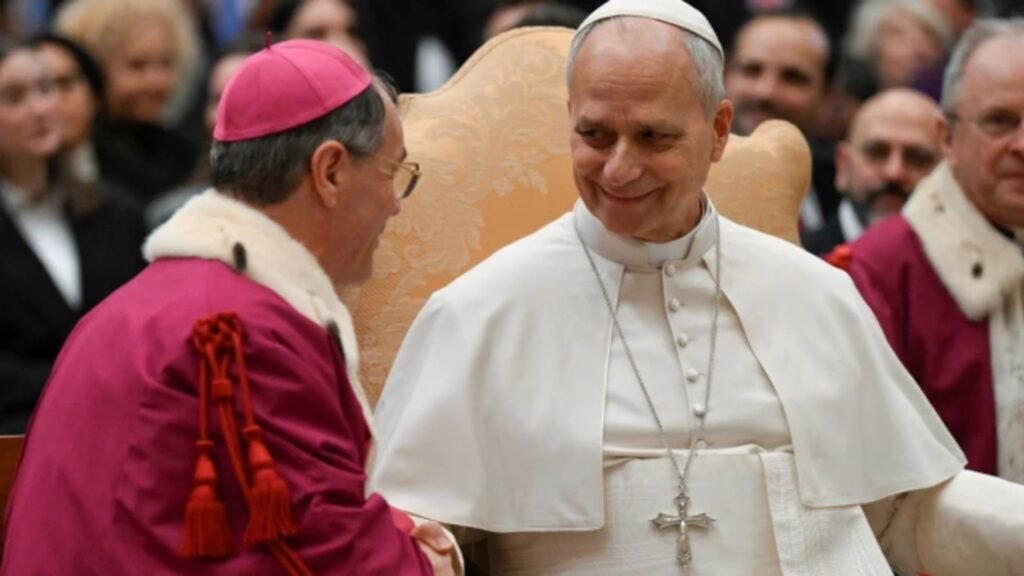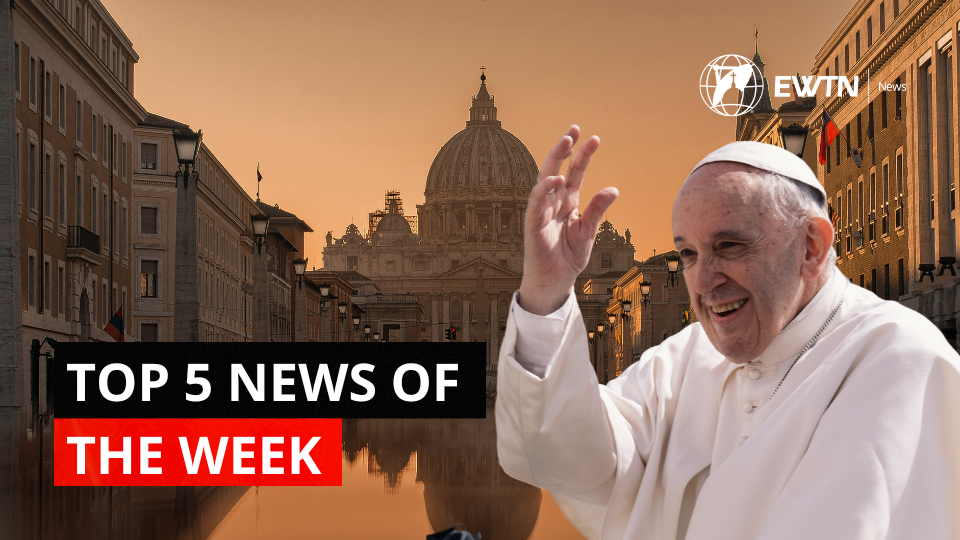In a new interview with America Magazine, Pope Francis said the Vatican-China deal has had both failures and successes, but he “cannot find another way” to carry out diplomacy.
The pope spoke about the Vatican-China deal with America Magazine on Nov. 22, two days before the Nov. 24 installation ceremony of Bishop John Peng Weizhao, which the Vatican said “did not occur in accordance with … what was stipulated” in the renewed provisional agreement.
A Nov. 26 statement said that “the Holy See noted with surprise and regret” that Peng had been installed as an “auxiliary bishop of Jiangxi,” a diocese that is not recognized by the Vatican.
In the America Magazine interview, published Nov. 28, Pope Francis emphasized dialogue “up to the point that is possible.”
“Dialogue is the way of the best diplomacy,” he said. “With China I have opted for the way of dialogue. It is slow, it has its failures, it has its successes, but I cannot find another way.”
He added that the Chinese people have great wisdom and deserve his respect and admiration.
“I take off my hat to them,” Francis continued. “And for this reason I try to dialogue, because it is not that we are going to conquer people. No! There are Christians there. They have to be cared for, so that they may be good Chinese and good Christians.”
Peng’s installation ceremony took place one month after the Vatican renewed its provisional deal with Beijing on the appointment of Catholic bishops for an additional two years.
The most recent appointment of a bishop in China, Archbishop Cui Qingqi, took place more than one year ago on Sept. 8, 2021.
Since the China deal entered into force in October 2018, only six bishops have been appointed, two of whom were already in talks for nomination before the deal’s signing.
Meanwhile, as many as one-third of China’s Catholic dioceses may be without a bishop.
There are 66 bishops in China, according to a report by Bishop Shen Bin of Haiman, who co-leads the Chinese Council of Bishops — a body that supports the Patriotic Association and is not recognized by the Holy See.
The Holy See divides China into 20 archdioceses, 85 dioceses, and 34 apostolic prefectures (Beijing subdivides the country into 98 dioceses).
The boundaries of the “Diocese of Jiangxi,” where Bishop Peng was installed this month, were drawn by Chinese authorities without Vatican approval.
“The Holy See hopes that similar episodes will not be repeated, remains awaiting appropriate communications on the matter from the authorities, and reaffirms its full readiness to continue the respectful dialogue concerning all matters of common interest,” the Vatican said Nov. 26.

